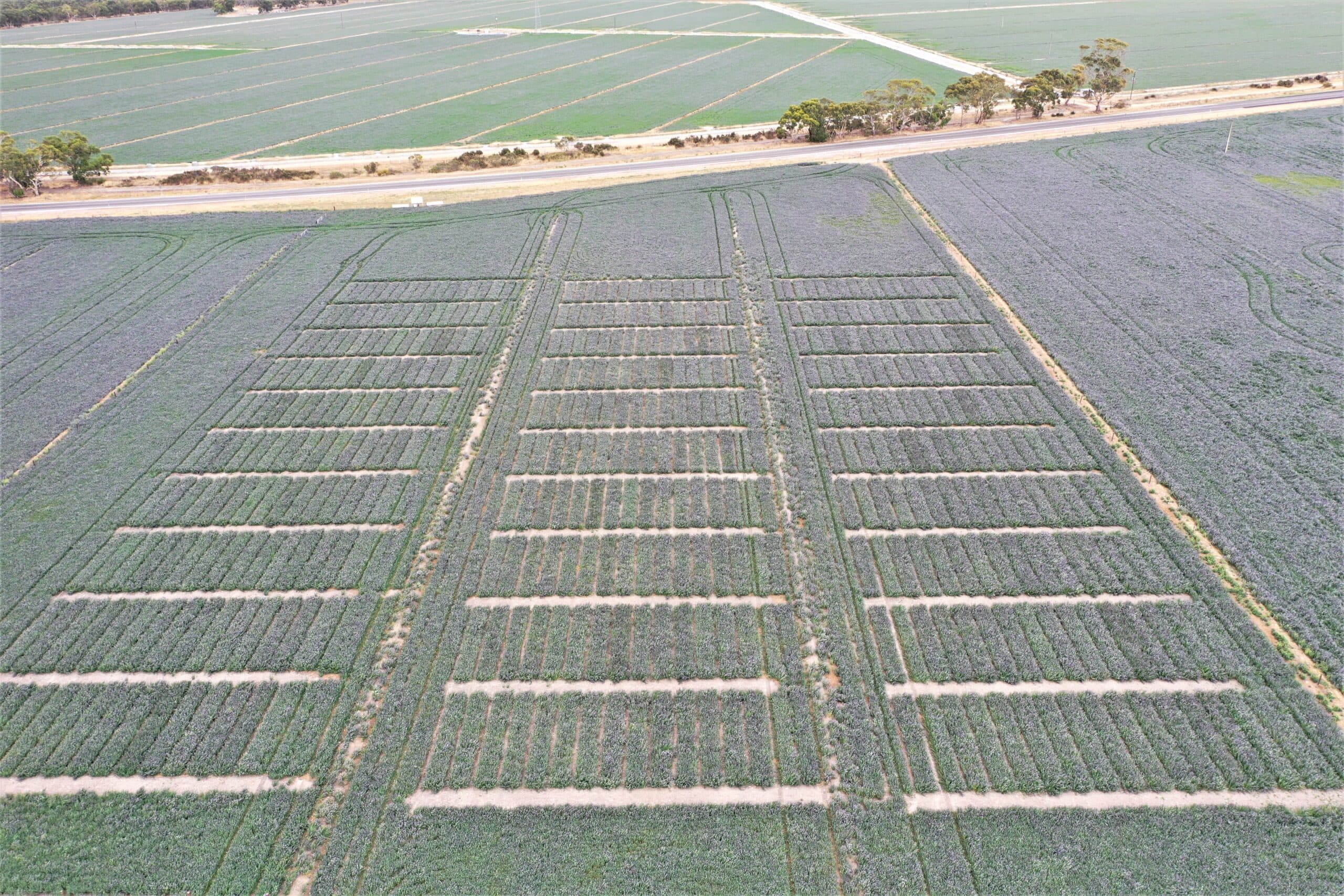This Open Call is seeking proposals that are aligned with the Pasture Seeds Program RD&E Plan (2019-2023). This plan seeks to ensure that the industry remains sustainable whilst increasing profitability of the industry and ensuring consistency and quality of supply of pasture seeds to meet market demand.
In this Open Call, we are seeking research proposals that align with the following RD&E priorities and objectives:
- Production and processing efficiency and profitability
- Sustainable certified temperate pasture seed production
- Connectivity and communication
- Building industry capability and capacity.
AgriFutures Pasture Seeds Program Manager, Emma Rodham encourages pasture researchers as well as pasture seeds researchers to submit proposals that address the current industry challenges.
“AgriFutures Australia is committed to achieving significant benefits for the pasture seeds industry by implementing targeted and high-impact RD&E projects,” said Emma.
“We are keen to invest in industry-driven research, this may include pasture production research that can be translated to improve pasture seed production.
“We recognise that the parameters for biomass and seed production are different, and on occasion agronomic approaches that benefit biomass production hinder seed production. However, we are looking to capitalise on the wealth of research and research methods already developed for pasture production that may be translatable to seed production.
“Ongoing challenges surrounding export freight logistics and expenses require innovative solutions and it makes sense to investigate opportunities outside the seed industry to address these challenges.”
Fundamental to successful RD&E outcomes, AgriFutures Australia is focusing on projects that generate both practical and cutting-edge knowledge and innovation growers can readily adopt.
“We appreciate that our researchers are highly skilled in what they do; we also appreciate that extending research outcomes may not be a strength of every research team. To get the greatest benefit for industry from our investments, we are asking researchers making submissions to consider the need to collaborate with other providers on the extension component of their projects. This way, we are enabling research findings to be readily adopted to have real impact on farm.”
Opportunities to extend existing research outcomes
AgriFutures Pasture Seeds Program Advisory Panel Chair, Lisa Anderson, sees a myriad of opportunities stemming from the Open Call to extend the learnings from existing research in the pasture and pasture seeds space.
“Current investment across a range of industry issues has yielded valuable outcomes, but we are keen to invest in novel projects that can build on these developments,” said Lisa.
“For example, previous investments have highlighted the impact of seasonal conditions on lucerne seed wasp numbers in the following season and skimmed the surface of potential control strategies. We can adapt from control strategies used in the northern hemisphere, but there is still work to be done in this area.
“Reports of bluegreen aphid resistance to current chemical control options in lucerne seed crops and pastures have sparked a need for further investment in alternative control options for this invasive and damaging pest.”
“As the demand for pollination services escalates across all agricultural industries, honey bee numbers battle to keep pace with demand, driving the need to explore pollination alternatives for lucerne and other pollination-dependent pasture seed crops.”









